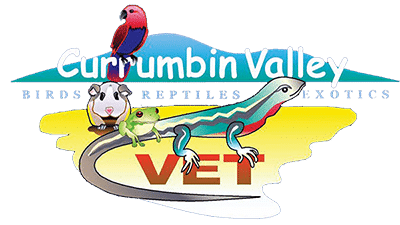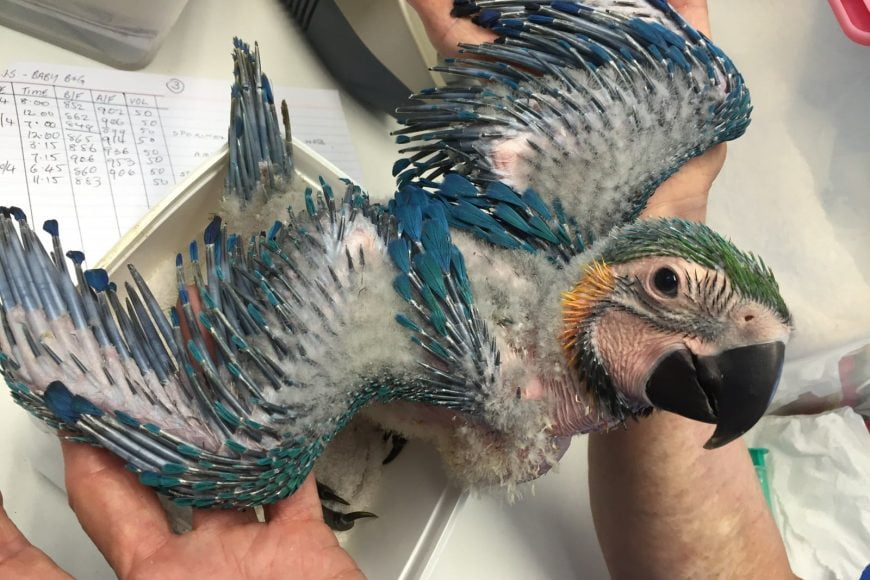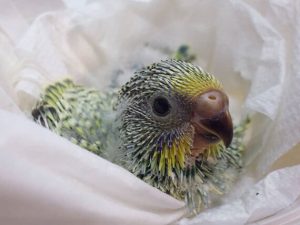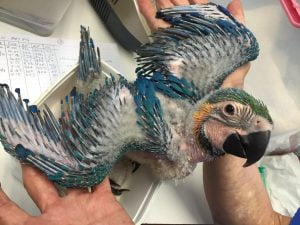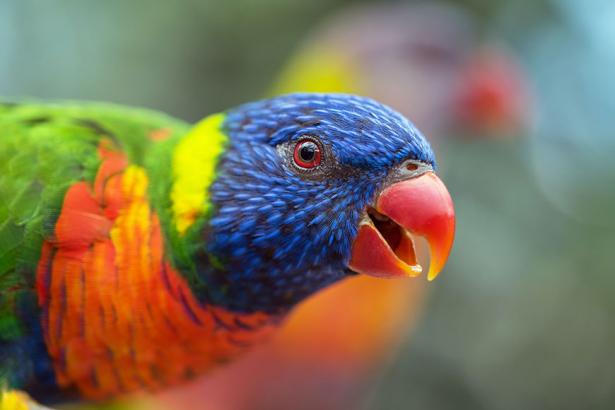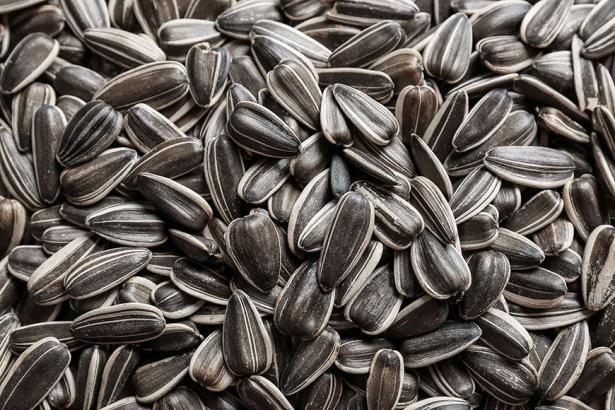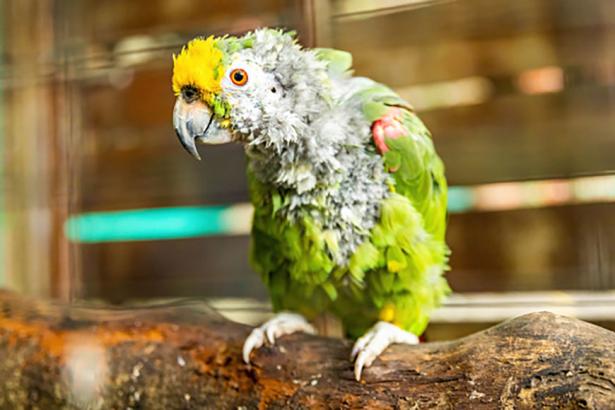PROBLEMS OF BUYING AN UNWEANED BIRD
During the spring and summer, we have many clients coming to the surgery because of serious health problems developing in their newly purchased birds that have been sold unweaned. The sale of unweaned birds is usually a recipe for disaster as the average bird owner has no idea how complicated and demanding the hand raising process is. The rationale behind the sale of unweaned birds is that they will be tame pets that bond with their owner. However, it is not the hand feeding that builds a bond with a pet bird, it is the correct handling and socialization that establishes a bond between owner and bird.
Hand feeding birds is a specialized skill and is not something that inexperienced people can learn without practice and guidance. It is irresponsible of breeders to sell unweaned birds to inexperienced and unwitting people. The new owners have no idea of the potential problems that they will face and it is cruel to subject a young bird to the stress associated with inexperienced people in charge of finishing off the hand feeding and weaning process. Young birds need an established routine and a stable environment to create a sense of security during the hand raising and weaning stages of their development. Sudden changes to this routine and environment (i.e. changing from the breeder’s home, to a pet store and eventually to a new owner) can result in the bird regressing in its development. Other changes in the temperature, the amount, consistency and frequency of feeding can also contribute to a young, unweaned bird developing physical health problems and developmental regression.
Many of our clients who have purchased unweaned baby birds have been given false and misleading information about hand-raising and weaning. “Just give them a couple of syringes of formula a day and they’ll be right.” Nothing could be further from the truth. They are not told about the importance of weighing the bird on a daily basis in order to monitor its food intake and growth. A healthy chick can quickly starve to death if a novice hand feeder doesn’t understand about the amount of food or the number of feeding times required. Young birds need to attain a healthy weight before weaning can occur. Most new owners of unweaned birds don’t understand the need to keep the chick clean. A lot of chicks are presented with dried baby formula set like concrete in the feathers around the beak and neck. A more serious and life-threatening problem are the young birds that are presented with inhalation pneumonia from formula going down the trachea instead of the oesophagus. Inhalation pneumonia is a critical care condition that requires intensive nursing and prolonged hospitalization if it is to be treated. Secondary fungal infections can often develop as a result of food inhaled into the lungs and airsacs, These conditions can also result in the death of the bird if left untreated. Treatment for secondary fungal conditions is also prolonged and intensive. We have seen and treated a lot of heart-breaking cases of critically ill juvenile birds that have been sold unweaned to inexperienced owners.
In order to avoid these problems and the expense of veterinary intervention, steer clear of buying unweaned birds. Don’t be tempted by the cute little chick and the promises of easy bonding with the new bird. Only buy a bird that has been completely weaned and is confidently eating adult food.
